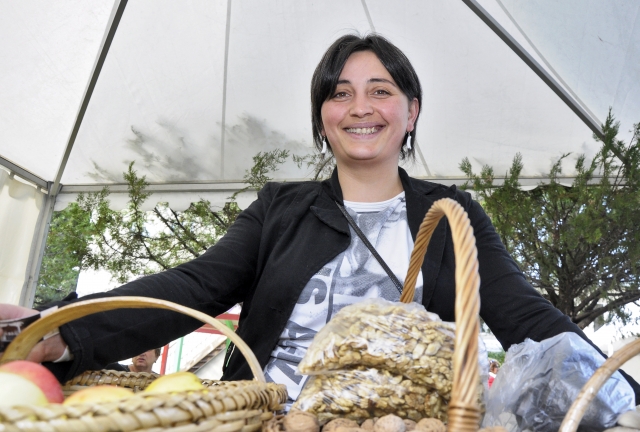2nd Phase Launched for Vocational Education and Training in Agriculture
November 6, the second phase of the “Modernization of Vocational Education and Training (VET) System related to agriculture in Georgia” was launched.
The second phase of the project, supported by the United Nations Development Program and Swiss Agency for Development and Cooperation SDC, will run until 2022. The goal is to improve the agricultural industry in Georgia through vocational education and training.
The second phase follows in the footsteps of the successful first stage of the project that runs from June 2013 to December 2018. The project aimed to “improve the livelihood by increasing productivity and incomes of farmers in rural areas. Farmers will be provided with necessary training and advice to be able to increase productivity and income.”
6 million dollars of investment helped to implement work-based learning approaches in collaboration with the Georgian Farmers Association, implemented improved education models, and career guidance. 12,000 farmers benefited from training and consultancy which led to increased incomes and employment opportunities. Many farmers gained valuable practical knowledge, helping them to modernize their practices.
The event was attended by the newly appointed Deputy Minister of Education, Science, Culture and Sport of Georgia, Irina Abuladze. “It is a two-lane road, not a one-way road,” she said, underlining that the agricultural industry must move away from old-fashion soviet methods to more modern techniques in collaboration with the private sector.
Similarly, Giorgi Khanishvili, Deputy Minister for Environmental Protection and Agriculture of Georgia, stated that the project was a timely response to the challenge of modernizing Georgian agriculture. The lack of proper knowledge for modern methods is holding back the capacity potential of the industry, for example in fruit production and animal husbandry, he affirmed. Hundreds of farmers still need assistance to reach capacity and this should be achieved through learning and training.
“Education is the foundation for sustainable development,” said Louisa Vinton, UN Resident Coordinator and UNDP Representative for Georgia. By moving Georgian farmers closer to Swiss and European standards and eradicating the idea that ‘farmers are born farmers’ the industry could see a higher rate of return.
In Switzerland, two-thirds of Swiss youth are currently in vocational education. Olivier Buerki, SDC Regional Director, Swiss Cooperation Office for the South Caucasus, underlined that this is a fueling factor for the low unemployment rate in Switzerland. The project has high potential to continue to improve the agricultural industry in Georgia.












